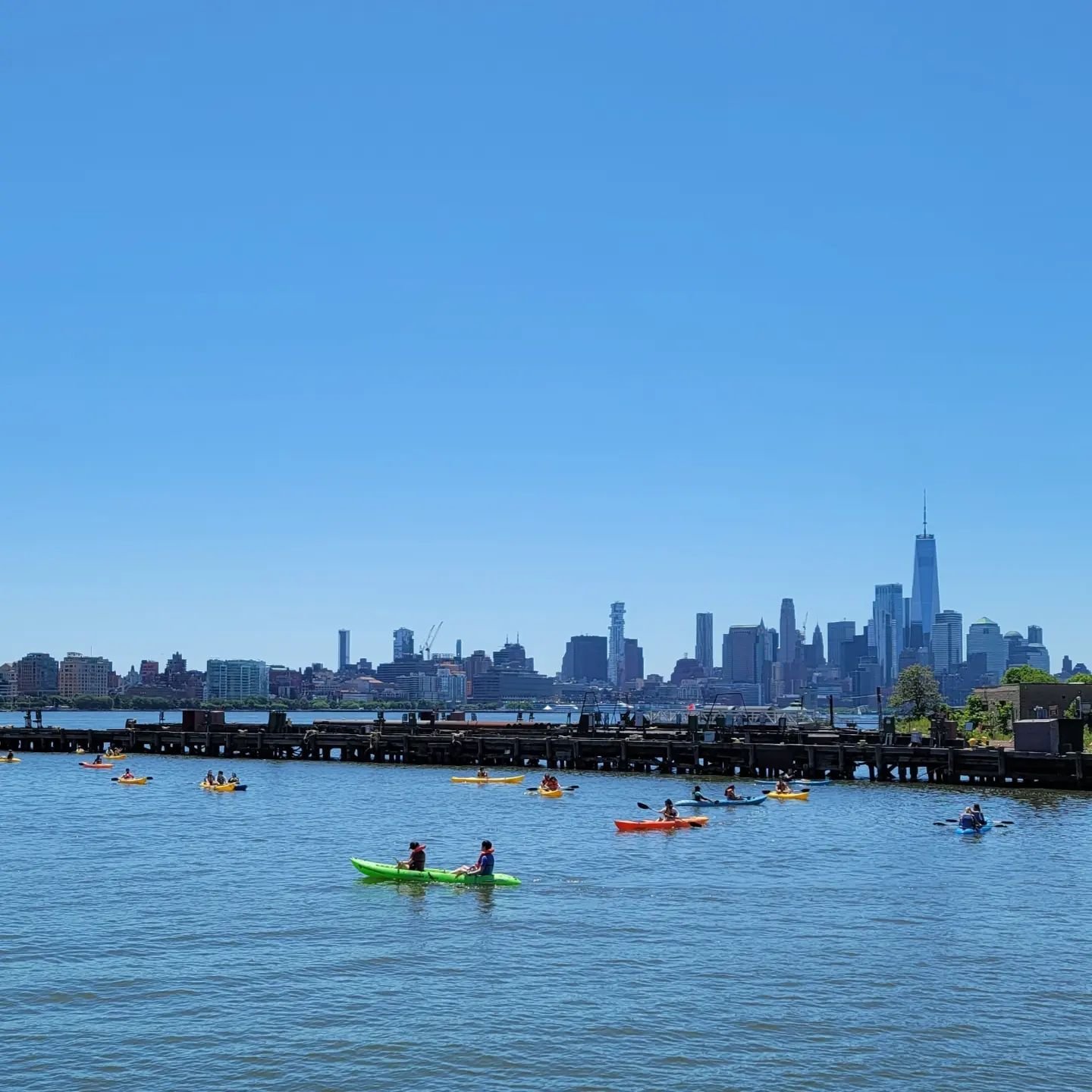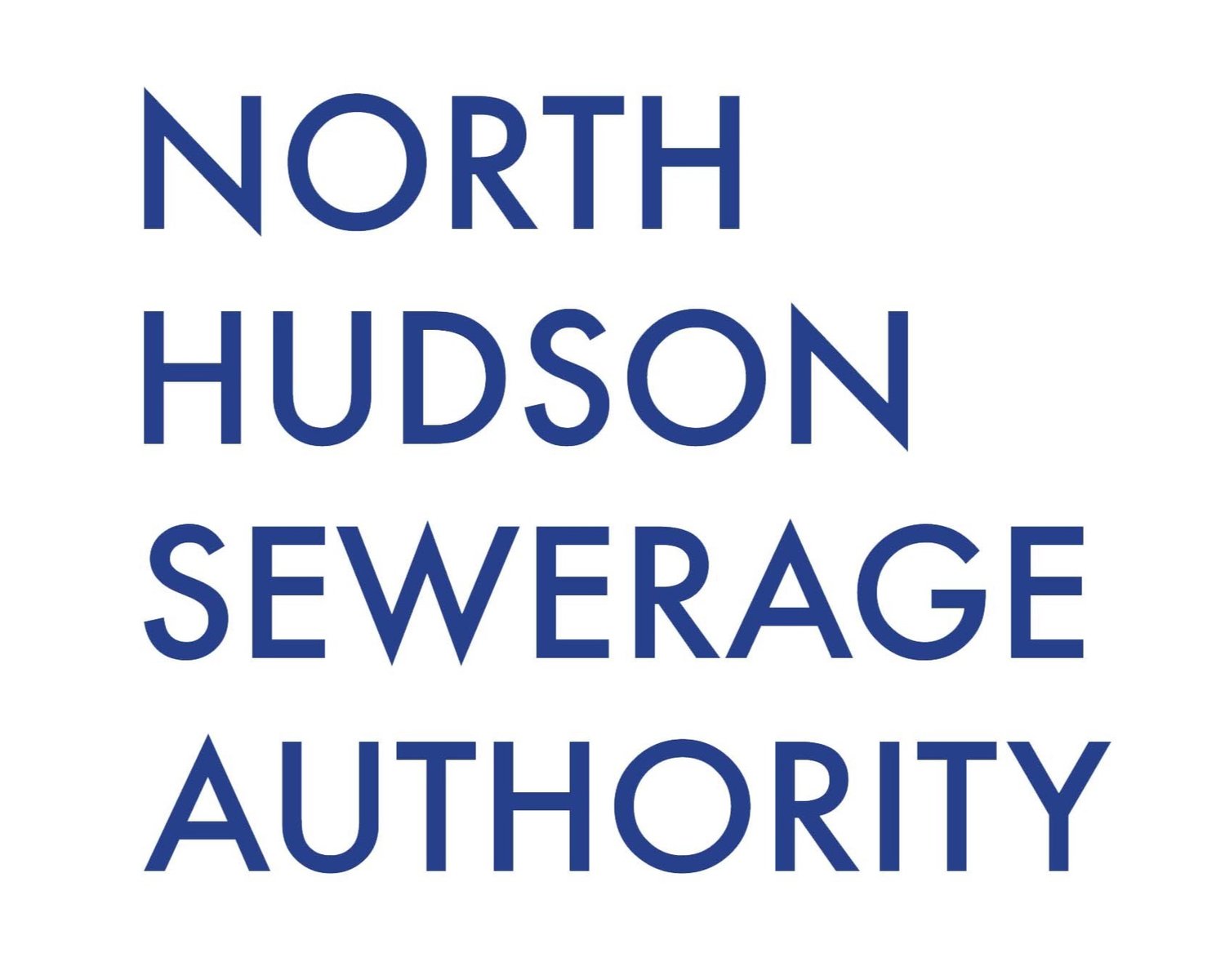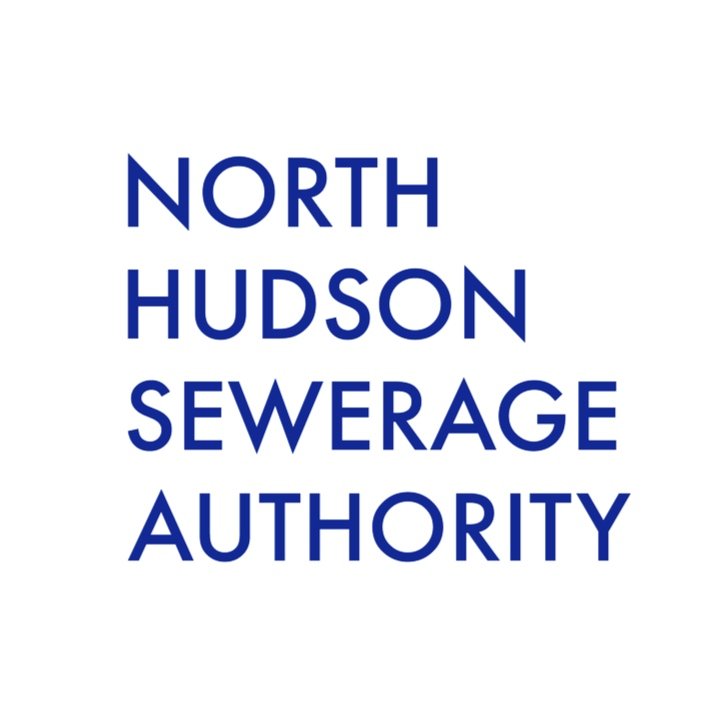How Are We Doing?
We are still in the planning stages of the LTCP CSO program, but we want to be sure there is a place online where you can see how much work we are doing! Once we start some CSO reduction projects, you will be able to check back here for updates and future plans.

What are stormwater Detention Systems?
Do you care enough about the environment to want a cleaner and safer Hudson River? If so, then we have to reduce significantly the number of CSO discharges to the river.
In rain events, a combined system diverts flow from the treatment plants to the river. The flow is not treated at the plant. Although there is some basic treatment at the end of the overflow pipes, this just removes solid waste, like bottles and garbage. The minimally treated effluent that goes into the Hudson often has high levels of pollutants, like fecal matter and bacteria.
The Federal goal, embodied in the 1972 Clean Water Act, to make US rivers and waterbodies swimmable and fishable, depends on reducing CSO discharges. CSO communities, like Hoboken, Union City, Weehawken and West New York, are expected to reduce minimally treated CSO flows into waterways. In 2015, the NJDEP issued requirements that all CSO dischargers in New Jersey develop Long-Term CSO Control Plans (LTCP) by June 2020. For North Hudson, these plans will be the blueprint for what needs to be done in subsequent years to reduce dramatically CSO discharges into the Hudson River.

